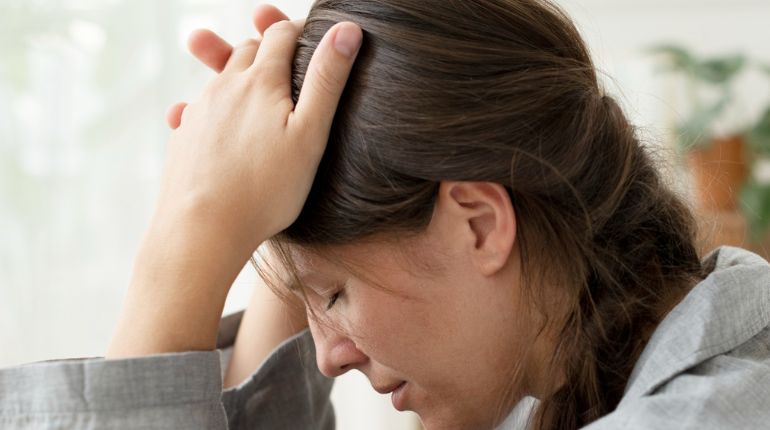Exploring the Link Between Mental Illness and Physical Health
When we think about our health, we categorize mental and physical health separately. Mental health often affects our thoughts and emotions, while physical health is related to our body’s functions. However, these two aspects are closely intertwined, with mental health influencing physical health and vice versa. In this blog, we’ll explore how mental illnesses and physical health are connected and why it’s important to address both for overall well-being.
The Mind-Body Relationship
There are several connections between our body and mind. Chronic stress, depression, and anxiety are examples of mental health conditions that can show up physically. For instance, physical symptoms like headaches, tense muscles, and elevated blood pressure can be caused by stress.
This illustrates how our mental health can directly affect how our bodies work.
How Mental Illness Impacts Physical Health?
Mental health disorders can affect physical health. Here are some of the ways mental illness can contribute to physical issues:
Chronic Diseases: Research has found that individuals suffering from mental health conditions are more likely to develop chronic illnesses such as cardiovascular disease, diabetes, and respiratory conditions. Chronic stress and depression are known to increase inflammation in the body, which can lead to these long-term health issues.
Immune System Suppression: Ongoing mental health challenges can weaken the immune system, making the body less capable of fighting infections. This can result in more frequent illnesses like the common cold or even more serious diseases.
Unhealthy Habits: Daily routines are frequently disturbed by mental health issues, which have an impact on eating, sleeping, and exercise habits. People who are depressed, for instance, could eat too much or too little, which can result in problems like weight gain or malnutrition. Sleep issues are also frequently associated with mental health conditions, which can exacerbate physical health issues.
Substance Use: People experiencing mental health issues sometimes turn to substances such as alcohol or drugs in an attempt to cope, which can lead to further physical deterioration and dependence on those substances.
Physical Health's Role in Mental Well-Being
There is a reciprocal relationship between mental and physical wellness. Issues with physical health can have a detrimental impact on mental health. For example, depression and anxiety are common among those who have long-term health issues like cancer, diabetes, or arthritis. The emotional toll of illness combined with managing the symptoms of these disorders can cause a great deal of stress and mental strain.
Another issue for those who have limited mobility or chronic pain is social isolation, which can make them feel even more depressed and alone.
Additionally, the expense of ongoing medical care can cause stress, which makes mental health problems worse.
Taking a Holistic Approach to Health
Understanding the connection between mental and physical health is essential to preserving overall wellness. Focusing on both aspects helps create a balanced approach to health care and supports long-term well-being.
Mindfulness Practices: Meditation and relaxation techniques can help reduce anxiety and stress, leading to improvements in both mental and physical health. These practices are known to lower blood pressure and promote better heart health.
Exercise for Both Body and Mind: Physical activity benefits the body and has powerful effects on mental health. It releases endorphins, which are natural mood enhancers that help relieve stress, anxiety, and depression.
Nutrition and Mental Health: Consuming a diet abundant in vitamins, minerals, and healthy fats can significantly enhance mental well-being. A well-rounded diet is essential for boosting mood, cognitive function, and energy levels, ultimately benefiting both mental and physical health.
Seeking Professional Support: Engaging in therapy, counseling, or medication can be effective ways to address mental health issues and mitigate their effects on physical health. Regular health assessments and mental health evaluations play a crucial role in supporting overall well-being.
Now the connection between mental illness and physical health is very clear.
By understanding how these two aspects of our health are linked, we can better address the root causes of both mental and physical ailments. Maintaining a healthy mind and body balance is essential for overall well-being. A holistic approach, focusing on mental and physical health, is the key to a healthier, happier life.
If you are looking for a physiotherapist in Seawoods, contact Ivory Physiotherapy Clinic for your better health!!
